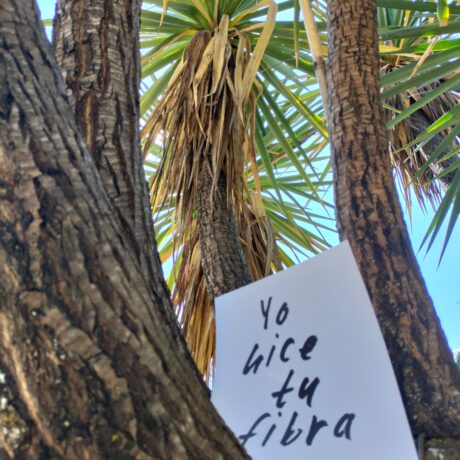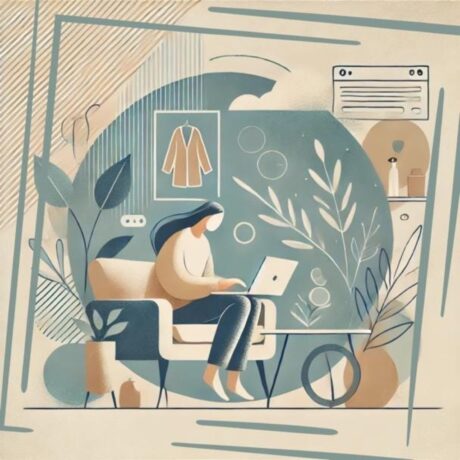Fashion Revolution statement on Uyghur forced labour
China is a major producer of cotton. Estimates suggest that around 20% of the global cotton market is grown in China, of which more than 80% originates from an area known as the Uyghur Region, a territory in the northwest of the country that is home to approximately 11 million Uyghur people, a Muslim ethnic minority.
Since 2017, China is widely reported to have detained more than one million Uyghur people in detention facilities that the government describes as vocational training centres. Government officials claim that the centres are voluntary and part of a programme to end poverty and tackle religious extremism. The government describes the Uyghurs as volunteers, but multiple investigations suggest that they are coerced into the programme, in which there has been various reports of overcrowded cells, surveillance, forced separation, sexual abuse, forced sterilisation and torture. Leaked documents indicate that this could be the largest mass detainment of an ethnic-religious minority since the second world war.
In response, the End Uyghur Forced Labour Coalition, comprised of over 180 global human rights groups and trade unions, is calling on leading clothing brands and retailers “to ensure that they are not supporting or benefiting from the pervasive and extensive forced labour of the Uyghur population and other Turkic and Muslim-majority peoples, perpetrated by the Chinese government.” The Coalition estimates that as many as 1 in 5 cotton products sold across the world are tainted by Uyghur forced labour. The coalition has found that approximately 1.8 million Uyghur people work in involuntary labour camps in cotton farming, processing plants, textile and garment factories.
Fashion Revolution supports the Coalition’s Call-to-Action which calls for clothing brands and retailers to exit the Uyghur region at every level of their supply chain, from cotton to finished product, by committing to take the following steps (please visit the website to read more specific detail entailed in each step):
- Identify and map their suppliers and sub-suppliers that have links to any production facilities located in the Uyghur Region making apparel and other cotton-based goods.
- Upon identification of any business relationships linked to the region, disengage with these business relationships and instruct all suppliers in China and globally to end sourcing from the Uyghur Region.
- Engage with the Coalition to provide a timeline for complying with the above within no more than 365 days, to report on progress and to agree to appropriate remedial action, including but not limited to compensation to affected workers.
Fashion Revolution believes that traceability and transparency is foundational to holding brands and retailers accountable for their human rights and environmental impacts. Our 2020 Fashion Transparency Index found that only 24% of 250 brands publish their second tier suppliers (the places where materials are processed) and only 7% publish their third tier suppliers (where they source raw materials). Our 2020 report Out of Sight: A Call for Transparency from Field to Fabric also found that just 1 of 62 brands was disclosing all textile production sites in their global supply chain. In order for brands to root out forced labour from their supply chains, they first must trace and disclose their suppliers.
Fashion Revolution acknowledges the significant challenge for clothing brands and retailers to identify the source of cotton and trace its journey through the supply chain. However, brands and retailers have a clear responsibility to look at their supply chain to identify human rights risks and impacts. Mapping and disclosing their supply chains is an imperative first step towards addressing these risks and impacts. For this reason, we encourage all clothing brands and retailers to sign the End Uyghur Forced Labour Call to Action.
Citizens can take action in various ways, including:
- Download a poster and use social media to ask fashion brands #WhoMadeMyClothes? And #WhoMadeMyFabric? to demand greater transparency of their supply chain.
- Send an email or tweet to brands and ask them to endorse the End Uyghur Forced Labour Call to Action.
- Sign the petition from Freedom United to call on the Chinese government to free Uyghurs from forced labor.
- Write to your local policymaker and ask them to address the Chinese government’s treatment of Uyghurs and apply political pressure to end forced labour in the Uyghur Region.








